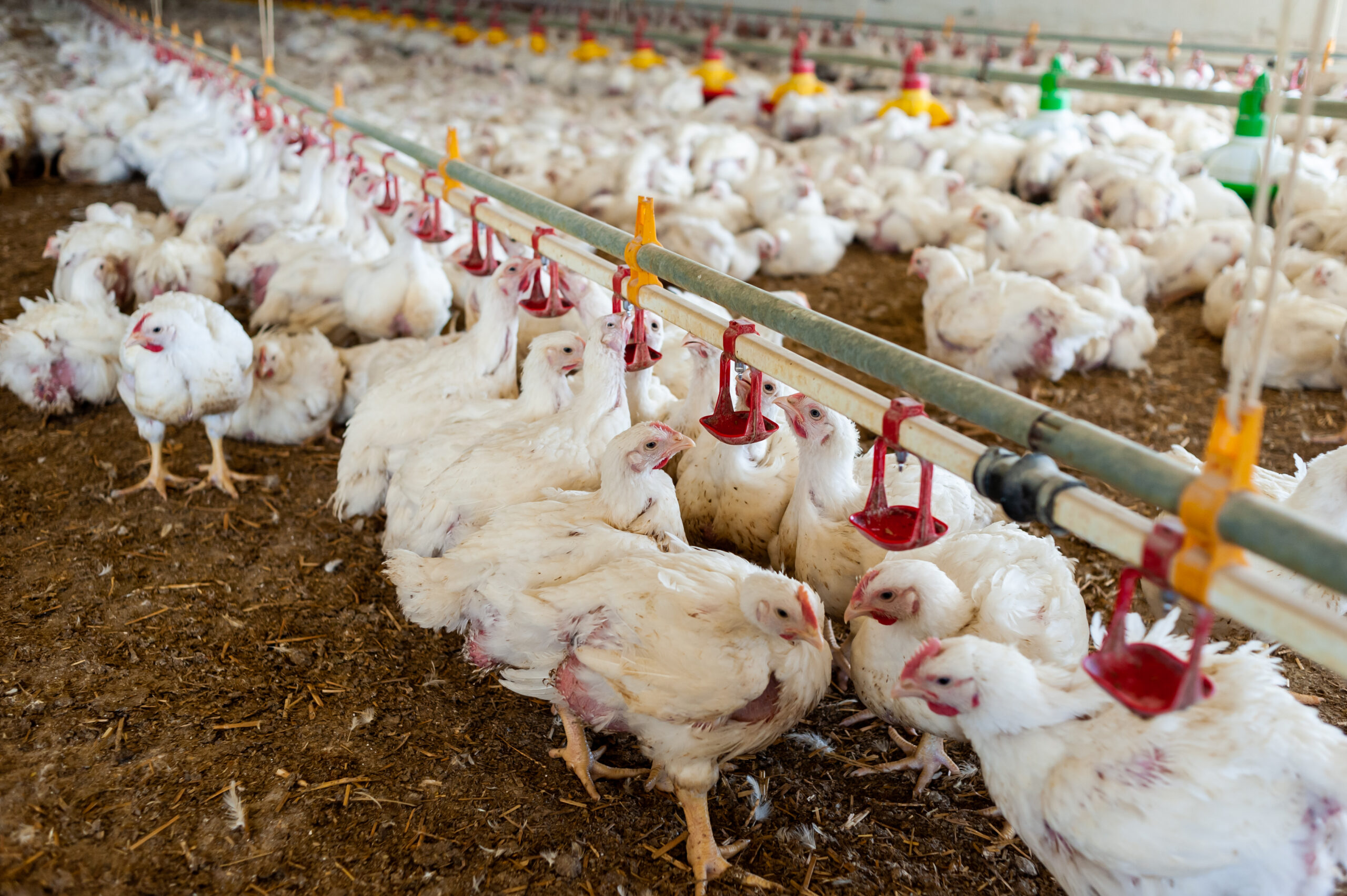
Articles / Films
Strategies for diarrhoea control in poultry with natural phytobiotics

Poultry farming faces significant challenges from diarrheal diseases, which impact flock health and production efficiency. These issues are often linked to bacterial intestinal infections, subclinical coccidiosis, and poor feed digestion. They manifest as indigestion, wet litter syndrome, or diarrhea, with symptoms ranging from undigested feed in droppings to severe watery feces with mucus or blood.
The rising resistance to antibiotics and consumer demand for antibiotic-free poultry necessitate alternative solutions. Phytobiotics, derived from plant-based active compounds, offer a promising approach. Herbs like oak bark, agrimony, dandelion, cinnamon, and garlic have shown antibacterial, antiviral, and anti-inflammatory properties, enhancing digestion, stimulating immune responses, and restoring gut health.
Field studies demonstrate the efficacy of phytobiotic preparations, such as Biolax V Plus and Biotix S, in managing digestive disorders. Cases include nutritional indigestion from poor-quality feed, mixed bacterial and parasitic infections, and severe Clostridium-related diarrhea. Prompt intervention with phytobiotics improved digestion, reduced mortality, and minimized antibiotic use.
In conclusion, integrating phytobiotic therapies into poultry management supports gut health, reduces reliance on antibiotics, and aligns with sustainable farming practices. This approach enhances production outcomes while meeting consumer expectations for welfare-friendly and residue-free poultry products.